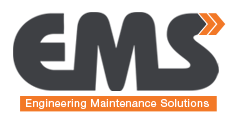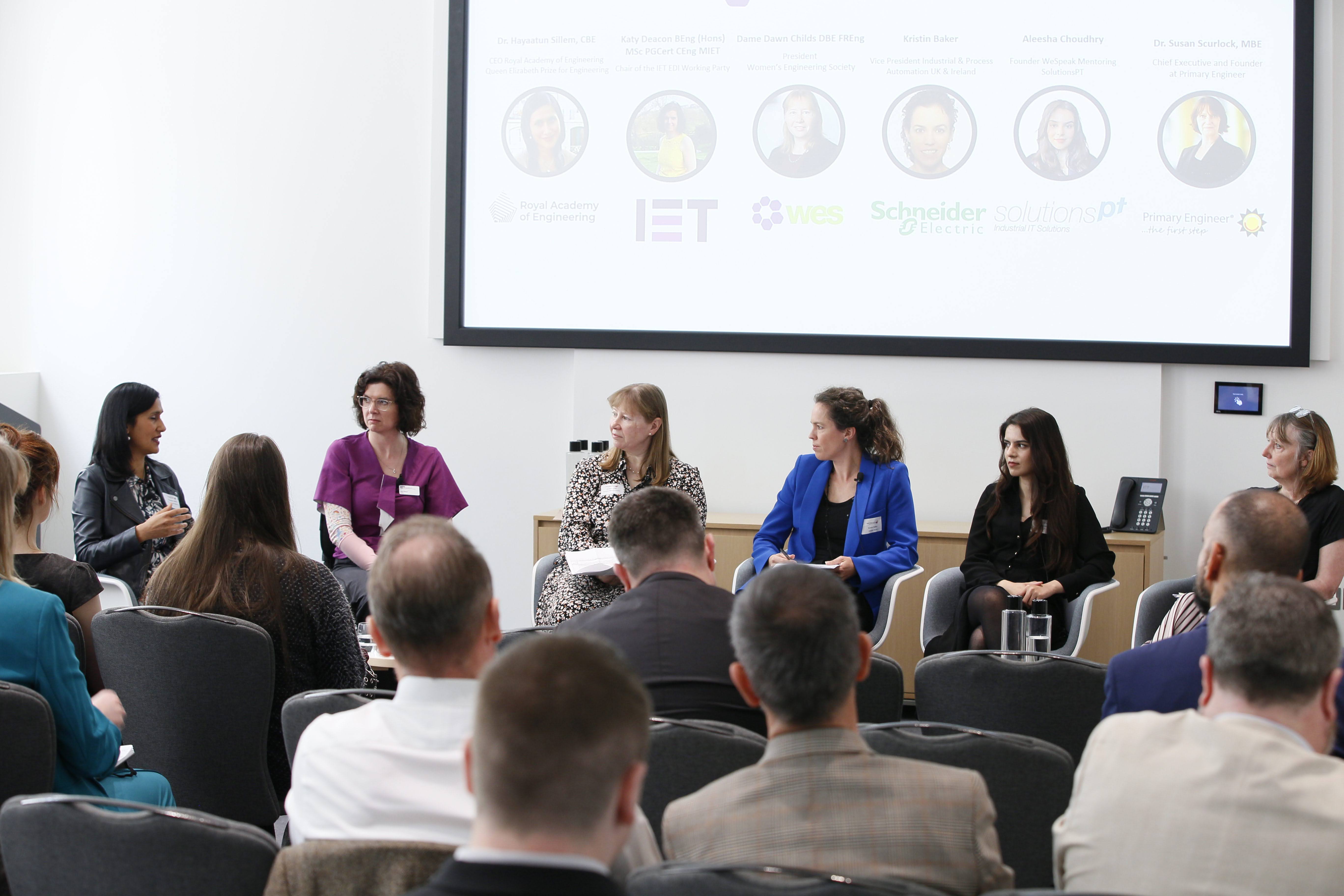IF WE’RE NOT REFLECTING SOCIETY, THEN WE’RE NOT CREATING SOLUTIONS FOR ALL OF SOCIETY
20th June 2023, London, UK – Next week’s International Women in Engineering Day 2023 (INWED, 23rd June) was recently profiled at a First Friday Editors’ Briefing in Central London. The thought-leadership panel discussion featuring leading women in the field of industrial engineering met to discuss Equality, Diversity & Inclusion (EDI) and the reality of being a woman in the workplace. Attitudes to UK Industry (ATUKI) also unveiled its latest public perceptions report on Attitudes to Women in Engineering. Chaired by the CEO of The Royal Academy of Engineering and Queen Elizabeth Prize for Engineering Dr. Hayaatun Sillem, CBE, topics included how influential families are in encouraging children into engineering careers through to how inclusion avoids exclusion.
Dr. Sillem opened the session: “The engineering profession today is comprised of only 16.5% women, there are a whole raft of reasons about why it should be such an urgent priority because engineers shape the world that we live in. They design, deliver, and maintain the physical and digital infrastructure. They serve society and as such need to reflect society”.
Dame Dawn Childs, DBE, president of the Women’s Engineering Society (WES) and CEO of Pure Data Centres Group added: “INWED was created by WES to try to meet some of the challenges of diversity in engineering. It’s been a slow and hugely problematic process. As a business leader I believe that diversity drives the bottom line. If we’re not reflecting society then we’re not creating solutions for society. We’re effectively stopping half of the products that are needed from coming to market”.
Identifying how engineering fits into the world is a mantra offered by Primary Engineer which last year helped over 48,000 children of school age realise that engineering could be for them. Dr. Susan Scurlock, MBE, CEO of Primary Engineer said: “The inclusivity piece for us is about every child having the opportunity to have the experience of what engineering gets, what it does and how it fits into the world. It’s about children understanding the context of learning, so that they learn the curriculum through the lens of engineering and their support groups understand where it fits”.
All of the panellists cited their parents as having some form of influence over their decision to be an engineer. Dr. Sillem added: “Young people don’t make their career decisions in a vacuum. Parents and the others who influence them are really important to this topic”.
Katy Deacon, chair of the Institution of Engineering and Technology (IET) EDI panel is in a positive position to influence how an organisation with such a large footprint is moving the EDI agenda forward. She said: “If you include everybody and you accept people for what they are and what they can bring then you will get a true reflection of the different perspectives within out society. This includes people with disabilities and other non-physical differences – neurodiversity for instance”. As a wheelchair user, Katy knows first hand how important the inclusivity piece is. “Disabled engineers bring a whole new perspective on the world. We (IET) are striving forward and showing the industry that you can get some incredible benefits by embracing EDI”.
Dr. Sillem said: “For me, inclusion is a culture piece. And this is creating a culture in which every single person feels welcome, feels safe, feels valued and feels able to contribute in full. Some people say it’s about equality, some equity, I say it’s about fairness and parity of experience and opportunity”.
There are organisations that are pioneering the EDI conversation and making real inroads into the agenda. For instance, thirty four percent of Schneider Electric’s workforce is women and the executive committee boasts a forty four percent representation. Forty one percent of new hires are women.
Kristin Baker, VP Industrial Automation UK & Ireland at Schneider Electric said: “EDI at Schneider Electric has been a journey from which many businesses can learn. Our focus on diversity has built a pipeline of talent that is now entering the business. Our graduate schemes, apprentice programmes and role modelling the women in the business has led to thirty four percent of our workforce and forty four percent of our executive committee being female. We’ve made really good progress”, but it’s not been without its challenges.
“The topic has now shifted to inclusion, because that’s where we’ve identified a potential problem area. We’re bringing women into the business, but they are not always staying. We’ve done some work to try to understand the root causes. Some of the feedback from the field was as simple as PPE not fitting right, which is something we’ve addressed. However other feedback was more deep seated in the culture and make-up of the wider eco-system we’re working in. In the construction industry for instance there is a lot of sub-contracting – very small players, often from other parts of Europe, with different cultures, different experiences with women in the workplace. Our team members in some instance found the onsite environment challenging as the inclusion approach and ways of working that Schneider Electric has adopted were often not the same way the wider industry was working. We’ve worked on creating allyship to really bring together our male counterparts onsite with those women so that they feel supported in that environment”.
Looking at regional differences, especially in developing countries is something that Aleesha Choudhry founder of WeSpeak identified. “I’ve seen a lot of mentoring programmes that help people on a local basis, but with my programme we connect girls in developing countries or low-income places and we connect them with professional women from all around the world. What’s the chance that your perfect female mentor is just down the road? Especially when we are talking about these environments. Our programme helps deliver active mentorship for women and girls online, wherever they are.”
Attitudes to UK Industry runs regular reports on the attitudes of the UK public. Taking a sample of 2,000 UK adults, the most recent report suggests that whilst the sector is taking positive steps towards a fairer, more diverse workforce, there is still a way to go when it comes to encouraging influencers of children and young adults when it comes to choosing a career in engineering. Tom Spencer, MD at Cadence Innovation Marketing, sponsors of ATUKI said: “Just over six in ten (65%) of those surveyed agreed that there should be more women engineers. One in ten (12%) people aged between 25-34 feel that engineering is not a suitable career for women. Nearly one third (29%) of people in the same age group expressed surprise that there are so many women in engineering, despite official figures reporting 16.5% of the workforce is women”.
this article can also be found in the issue below.




